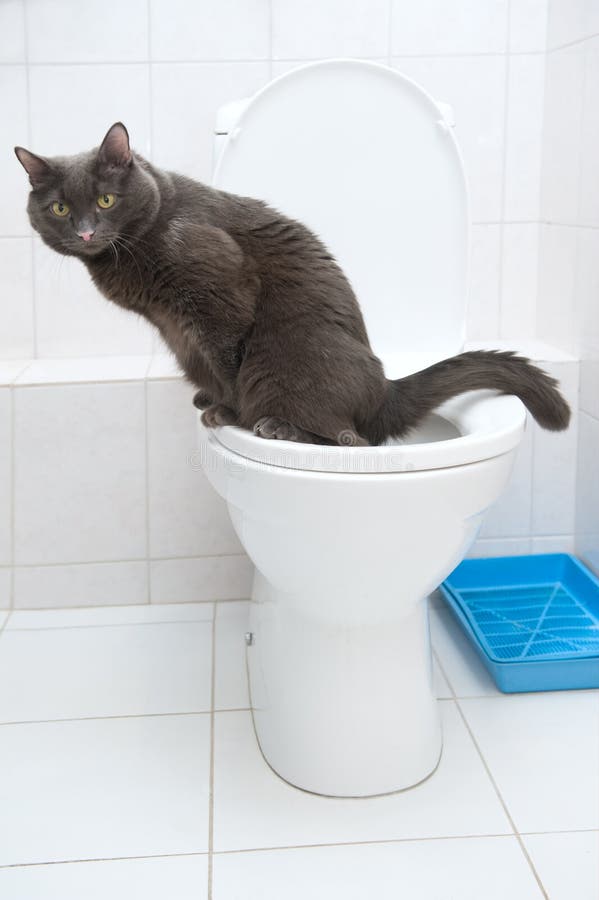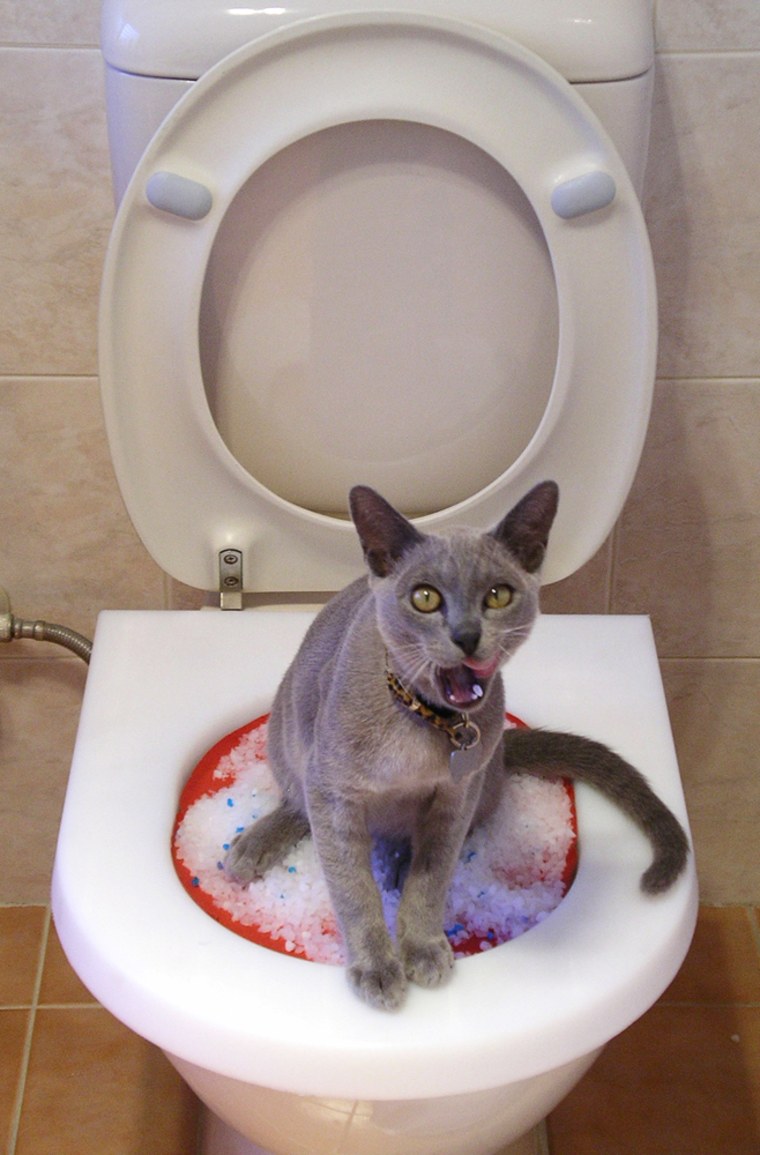Prevent Clogs and Damage: Never Flush Cat Poop Down Your Toilet - Professional Recommendations
Prevent Clogs and Damage: Never Flush Cat Poop Down Your Toilet - Professional Recommendations
Blog Article
We have noticed this post about Don’t flush cat feces down the toilet below on the web and reckoned it made perfect sense to relate it with you on this site.

Introduction
As pet cat proprietors, it's essential to be mindful of just how we take care of our feline close friends' waste. While it may seem hassle-free to flush feline poop down the bathroom, this practice can have destructive repercussions for both the environment and human wellness.
Alternatives to Flushing
Thankfully, there are much safer and a lot more accountable ways to take care of pet cat poop. Think about the following options:
1. Scoop and Dispose in Trash
The most typical approach of throwing away cat poop is to scoop it right into a naturally degradable bag and toss it in the trash. Make certain to use a specialized litter inside story and dispose of the waste immediately.
2. Use Biodegradable Litter
Select eco-friendly pet cat litter made from materials such as corn or wheat. These trashes are environmentally friendly and can be safely thrown away in the trash.
3. Bury in the Yard
If you have a lawn, think about hiding pet cat waste in a designated area far from veggie gardens and water sources. Make certain to dig deep enough to stop contamination of groundwater.
4. Install a Pet Waste Disposal System
Purchase a pet dog waste disposal system specifically created for pet cat waste. These systems utilize enzymes to break down the waste, decreasing odor and environmental effect.
Health Risks
Along with environmental concerns, flushing cat waste can likewise present health dangers to humans. Cat feces may include Toxoplasma gondii, a parasite that can trigger toxoplasmosis-- a possibly severe health problem, especially for pregnant ladies and people with damaged body immune systems.
Environmental Impact
Purging cat poop presents unsafe virus and bloodsuckers into the supply of water, presenting a substantial risk to water ecosystems. These contaminants can negatively impact marine life and concession water top quality.
Verdict
Accountable pet possession extends beyond supplying food and sanctuary-- it also includes appropriate waste monitoring. By refraining from purging cat poop down the bathroom and selecting alternative disposal techniques, we can minimize our environmental footprint and secure human wellness.
Why Can’t I Flush Cat Poop?
It Spreads a Parasite
Cats are frequently infected with a parasite called toxoplasma gondii. The parasite causes an infection called toxoplasmosis. It is usually harmless to cats. The parasite only uses cat poop as a host for its eggs. Otherwise, the cat’s immune system usually keeps the infection at low enough levels to maintain its own health. But it does not stop the develop of eggs. These eggs are tiny and surprisingly tough. They may survive for a year before they begin to grow. But that’s the problem.
Our wastewater system is not designed to deal with toxoplasmosis eggs. Instead, most eggs will flush from your toilet into sewers and wastewater management plants. After the sewage is treated for many other harmful things in it, it is typically released into local rivers, lakes, or oceans. Here, the toxoplasmosis eggs can find new hosts, including starfish, crabs, otters, and many other wildlife. For many, this is a significant risk to their health. Toxoplasmosis can also end up infecting water sources that are important for agriculture, which means our deer, pigs, and sheep can get infected too.
Is There Risk to Humans?
There can be a risk to human life from flushing cat poop down the toilet. If you do so, the parasites from your cat’s poop can end up in shellfish, game animals, or livestock. If this meat is then served raw or undercooked, the people who eat it can get sick.
In fact, according to the CDC, 40 million people in the United States are infected with toxoplasma gondii. They get it from exposure to infected seafood, or from some kind of cat poop contamination, like drinking from a stream that is contaminated or touching anything that has come into contact with cat poop. That includes just cleaning a cat litter box.
Most people who get infected with these parasites will not develop any symptoms. However, for pregnant women or for those with compromised immune systems, the parasite can cause severe health problems.
How to Handle Cat Poop
The best way to handle cat poop is actually to clean the box more often. The eggs that the parasite sheds will not become active until one to five days after the cat poops. That means that if you clean daily, you’re much less likely to come into direct contact with infectious eggs.
That said, always dispose of cat poop in the garbage and not down the toilet. Wash your hands before and after you clean the litter box, and bring the bag of poop right outside to your garbage bins.
https://trenchlesssolutionsusa.com/why-cant-i-flush-cat-poop/

As an enthusiastic reader on Can You Flush Cat Poo or Litter Down the Toilet?, I assumed sharing that piece was really helpful. Enjoyed reading our posting? Please share it. Help others check it out. I am grateful for your time. Come back soon.
Book Service Report this page